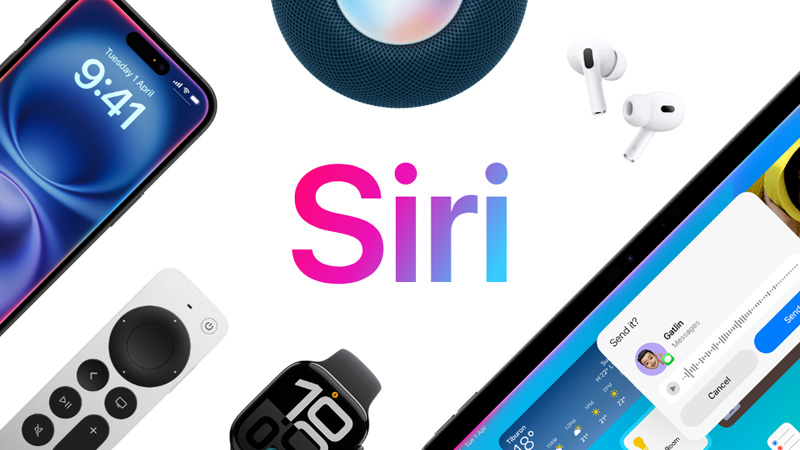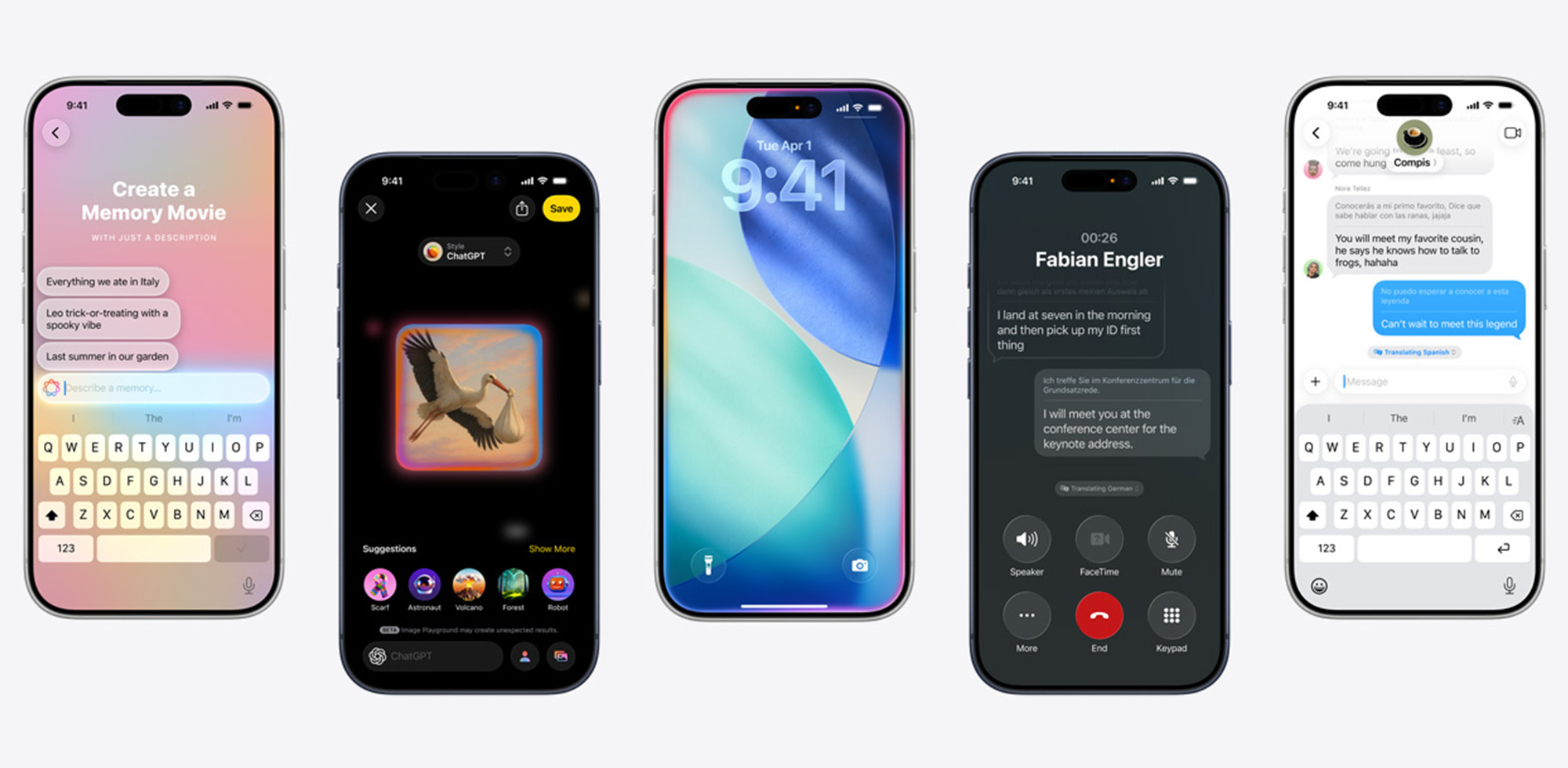
The battle over large‐language models (LLMs) has rapidly escalated. But one entity is far from even entering it, at least for now.
Ever since ChatGPT from OpenAI burst onto the scene, the tech giants have been scrambling to stake their claims in the "LLM war." Google unveiled Gemini, Microsoft integrated OpenAI models into its ecosystem and named it Copilot, as well as startups from Anthropic to Mistral, are all pushing new architectures.
In that landscape, Apple, long admired for hardware and vertical integration, is way behind when it comes to generative AI.
While Apple launched Apple Intelligence as its answer to smarter on-device assistants and AI augmentation, the reception has been mixed. Critics say the features delivered so far have lacked the conversational depth, responsiveness, and contextual awareness that users now expect in an AI.
Meanwhile, delays to a revamped Siri and questions about how much Apple would rely on third-party models have clouded confidence in its AI roadmap.
Into that gap steps 'Veritas.'
According to reports, Apple has been secretly developing an AI model, which is literally a ChatGPT-style chatbot. Created in-house, Veritas is built to experiment with the next generation of Siri.
But rather than being aimed at consumers, Veritas is only being used internally, and that it's strictly for engineers and testers inside Apple’s AI division.
Within Veritas, Apple is exploring more conversational, context-aware interactions—multi-turn dialogues where prior messages influence later responses, like how ChatGPT or Gemini works. And because this Veritas is Apple's own product and that it can be baked directly into the operating system, the AI is designed to be able to test Siri's ability to dig into personal data (emails, music, messages) and carry out real tasks such as editing photos, managing files, or selecting playlists.
This access is kind of difficult for third-party apps, given that Apple's operating system is designed to sandbox individual apps.
Under the hood of Veritas is a system codenamed Linwood, combines Apple’s own large language models with third-party models to balance capability, performance, and reliability.
This hybrid arrangement signals Apple’s cautiousness: not assuming it can rely solely on in-house AI, yet wanting enough control to enforce privacy and integration with iOS.
While Veritas is meant to be an AI to help the engineers enhance Siri, Apple’s goal with it is to focus on squashing bugs, prevent hallucinations, and fix reliability issues before unleashing the technology on millions of iPhone users.
Earlier, Apple executives acknowledged that their first attempt didn’t meet their internal reliability bar.

The project underlines Apple’s predicament in the AI arms race: it must reconcile high user expectations, the need for scalability, and a firm commitment to privacy.
Siri’s upgrade has already been delayed, and with rivals developing LLMs with a momentum rarely seen in any tech development before it, Apple is certainly way behind in the league.
Veritas' existence gives a glimpse into Apple's plans. Apple is perhaps the biggest tech company that has yet to fully immerse its products in AI like its competitors.
In many ways, Veritas is a bridge between Apple’s hardware-centric roots and the conversational AI future it must embrace.
If all goes well, the learnings from this sandbox will be folded into Siri in a way that finally brings it closer to the fluidity and intelligence of modern LLM assistants, while preserving Apple’s signature focus on privacy and integration.
